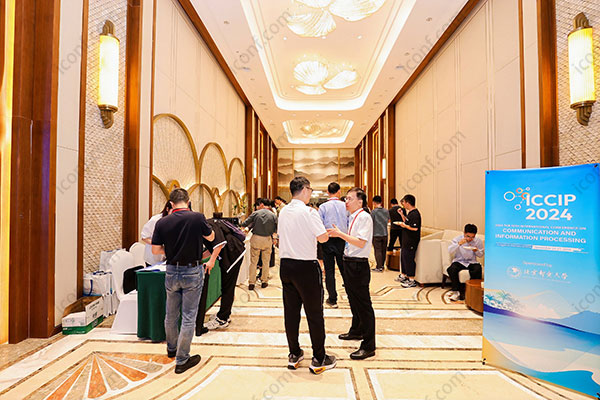

168 views||Release time: Jul 29, 2025
For first-year graduate students (commonly called “Graduate 0” in some academic systems), attending an academic conference can be both exciting and overwhelming. Whether you're attending as a listener or presenting for the first time, there are several important aspects to consider to ensure a productive and rewarding experience.

As a new graduate student, your goals for attending a conference might include:
Gaining exposure to current research in your field
Observing how seasoned researchers present their work
Building connections with scholars, peers, or industry professionals
Set clear intentions. Are you there to network, to find a research direction, or to understand publication standards? Knowing why you're attending will guide your behavior and focus.
Before the conference:
Review the program schedule and highlight sessions relevant to your research interests
Research the backgrounds of keynote speakers or panelists
Familiarize yourself with any terminology or concepts you may not yet fully understand
Preparation ensures that you're not lost during technical presentations and can ask insightful questions if the opportunity arises.
Even if you're not presenting, maintaining a professional demeanor is crucial:
Dress appropriately (usually business casual or academic professional)
Arrive on time for sessions and avoid leaving mid-talk
Ask concise, relevant questions during Q&A
Your behavior reflects your maturity as a scholar, and conferences are a great place to start building your academic reputation.
As a newcomer, it’s easy to feel the pressure to attend every session or meet every professor. Instead:
Focus on a few high-impact sessions
Take breaks to process information and avoid burnout
Jot down notes and ideas as you go, especially questions for future research
Quality of engagement matters more than quantity.
Conferences are excellent places to:
Meet senior students, early-career researchers, and potential collaborators
Get advice on publication strategies or lab openings
Share your own research interests, even if still forming
Don’t be afraid to introduce yourself. Prepare a 1-minute self-introduction to use in informal conversations.
After the event:
Summarize your notes and key takeaways
Follow up with any contacts you made
Consider writing a short conference reflection to share with your advisor or lab group
This post-conference reflection helps solidify what you’ve learned and improves your future participation.
For first-year graduate students, academic conferences can be transformative experiences. They’re opportunities not just to observe but to start contributing to the scholarly world. With the right preparation and mindset, these events can shape your academic direction and expand your professional horizons.
Explore quality academic conferences suitable for graduate students by visiting iconf.org, your gateway to curated, reputable events around the world.